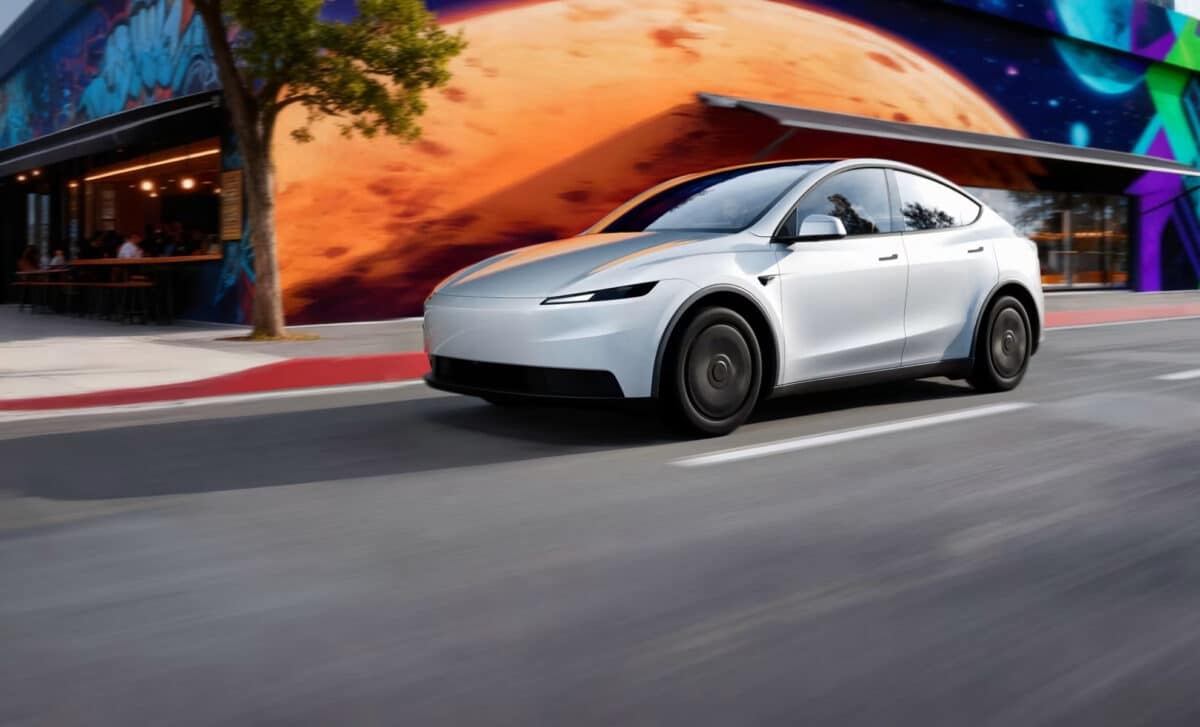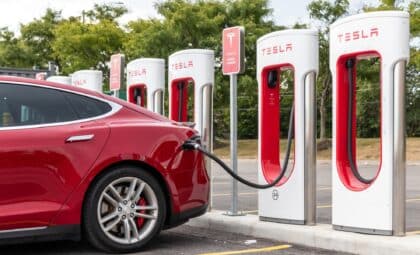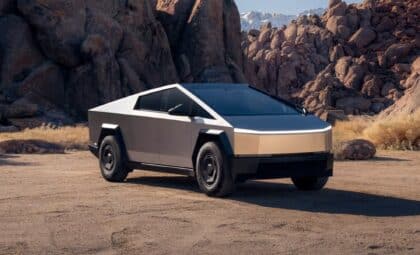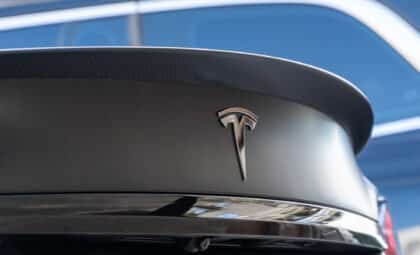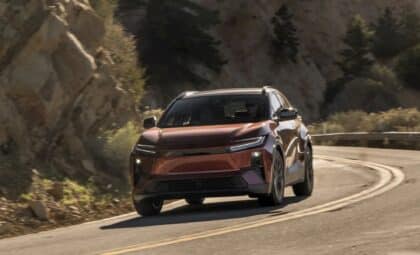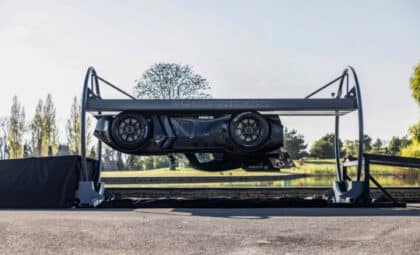While these prices are lower than their premium versions, the vehicles come with significant cuts in features that Tesla enthusiasts have come to expect. For those hoping to snag a more budget-friendly Tesla, the trade-off might be harder to swallow than anticipated.
The new Standard versions of Tesla’s iconic electric cars have been stripped of some of the brand’s signature innovations, leaving potential buyers to weigh the value of affordability against the loss of convenience and luxury.
According to reports, the cars will start at prices that undercut Tesla’s previous offerings but still fall short of the company’s goal of providing a sub-$30,000 EV. These vehicles, launching later this year, aim to tap into a more budget-conscious market, but the missing features may not make the deal as sweet as it first seems.
Key Features No Longer Included
Tesla’s decision to reduce the cost of its vehicles by removing features like Autosteer, part of its Autopilot system, has raised eyebrows. Both the Model Y and Model 3 Standard versions will no longer offer this advanced driver-assistance feature, which has been a hallmark of Tesla’s technology.
Instead, they come with basic adaptive cruise control and safety features such as automatic emergency braking and blind-spot monitoring. While these changes reduce the car’s technological appeal, they also make the vehicles more affordable.
Additionally, these stripped-down models are rear-wheel drive, meaning they come with a single motor rather than the all-wheel drive system available in higher-end versions. This reduction in powertrain options contributes to the overall cost savings but could impact the driving experience for those who are used to the more dynamic performance of the premium versions. For many buyers, the lack of Autosteer and all-wheel drive may feel like a step backward for a brand that has long been at the forefront of autonomous driving technology.
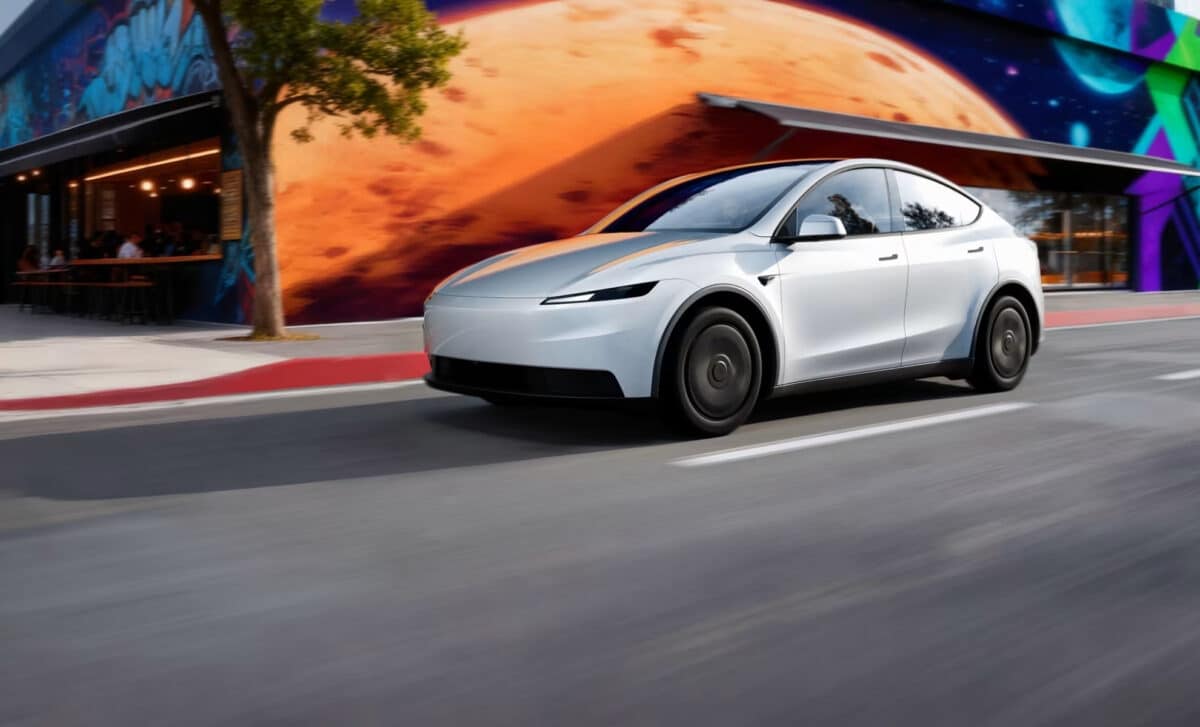
Simplified Interiors and Missing Comforts
Tesla is also cutting back on interior luxuries in its Standard models. The seats in these cars will be made of textile-accented vegan leather rather than the plush leather found in more expensive versions.
Additionally, the Model Y Standard will forgo its signature panoramic glass roof, opting instead for a regular metal roof, which eliminates one of the most distinctive features of the vehicle. As highlighted by Business Insider, these changes may be a tough pill for those accustomed to the premium features in Tesla’s more expensive trims.
Another significant omission is the lack of rear-seat heating, a comfort feature that many owners might expect in a vehicle priced in this range. The Model Y Standard also will not come with a rear passenger screen or a radio, which may feel like a major downgrade for buyers who have come to rely on Tesla’s advanced in-car entertainment systems. These cuts reflect Tesla’s attempt to balance cost reduction with the preservation of the core value proposition—an affordable, high-performing electric car.
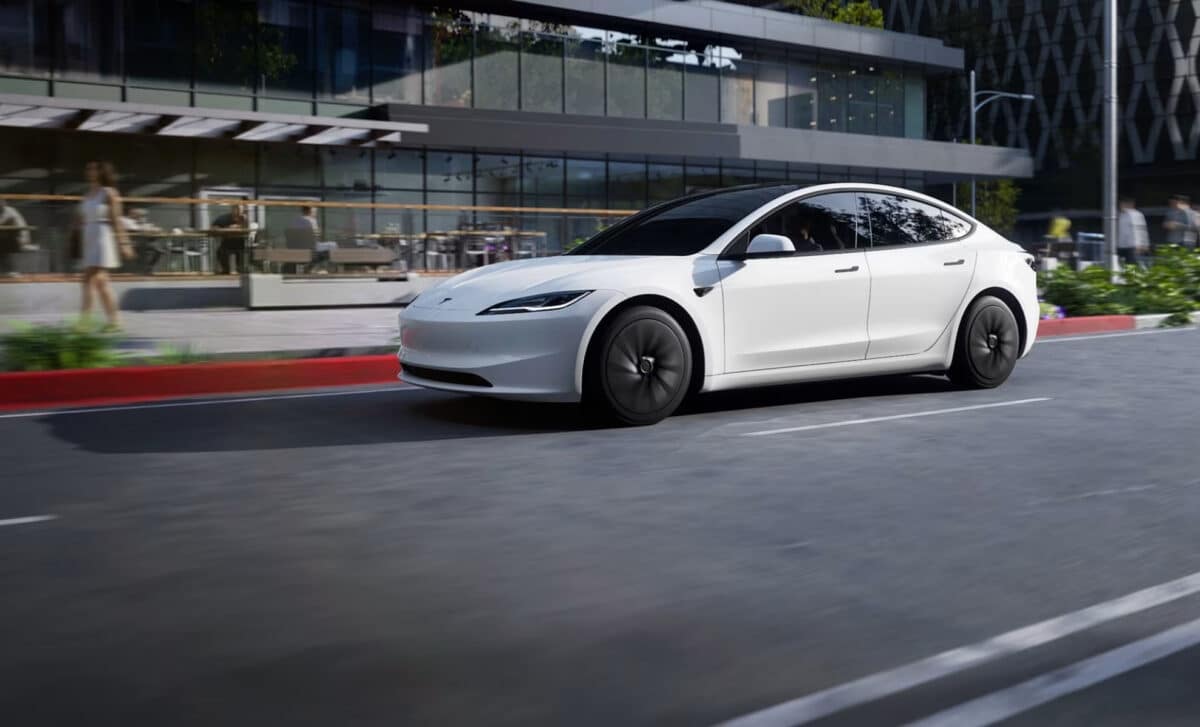
Challenges from Growing Competition
With the arrival of Tesla’s more affordable models, the company faces mounting pressure from an increasingly competitive EV market. As noted by The Guardian, rivals like the Nissan Leaf, Hyundai Ioniq 5, and other low-cost electric vehicles are making significant inroads in the same price range. Despite the price cuts, Tesla’s new models may still be too expensive for some buyers, especially considering the missing features and the more limited driving range compared to the higher-end versions.
The reduced cost of these models may not be enough to sway consumers who are already looking at similarly priced alternatives. Tesla will need to contend not only with traditional automakers but also with the rapidly improving offerings from international electric vehicle manufacturers, especially those coming from China. As the market for electric vehicles becomes more crowded, Tesla will need to reassess whether stripping down its flagship vehicles is the best way to attract a broader audience.

